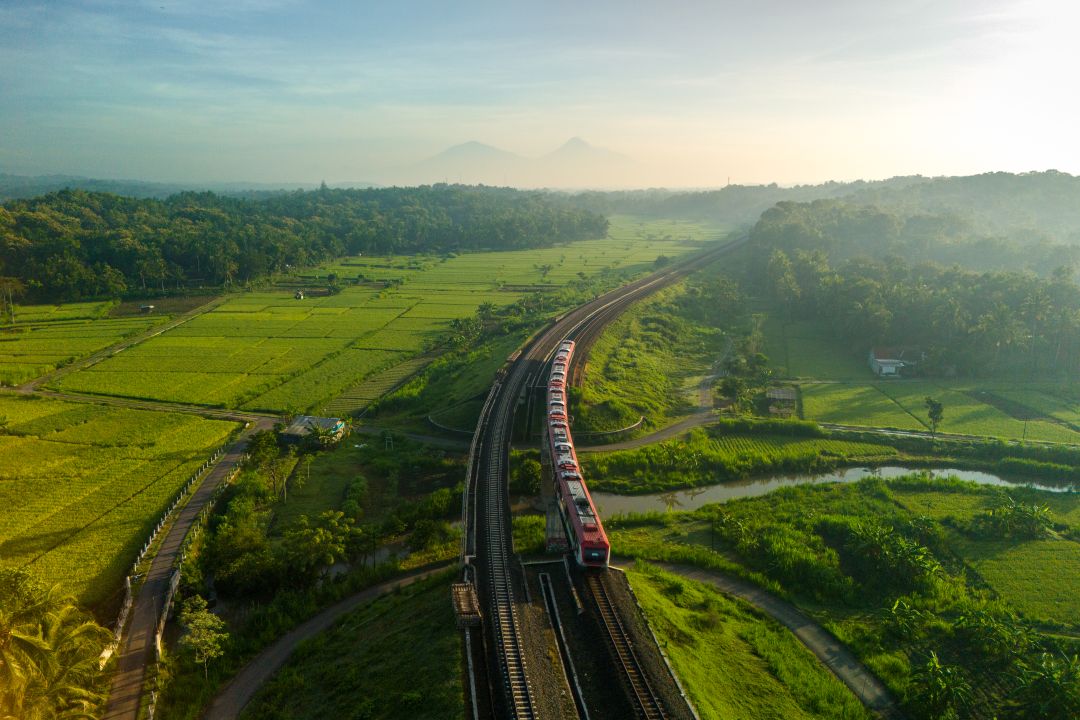
On a train from Seattle to Los Angeles, they learned what the road cannot teach: intimacy with strangers, the weight of history, and the beauty of time slowed down.
“Pop! Pop! Pop!”
A sunburned man named Jeff jabbed a finger in the air, imitating the gunshots of the Oakland gangster who had once peppered the door of his tow truck with bullets. Years ago, Jeff had worked as a contractor for the Oakland Police Department, where he towed cars from crime scenes in the most dangerous parts of town. I watched my two oldest sons, a teenager and a kindergartner, hang on his every word as the waitress served us lunch.
Characters like Jeff were not uncommon on the Coast Starlight, the train my sons and I took earlier this summer, which runs down the long stretch of territory from downtown Seattle to the Art Deco terminus in Los Angeles. The route passes through all three West Coast capitals and, over the course of 35 hours, one can watch the landscape shift from city to forest to farmland to beach.
At our home station in Seattle, we piled our bags into one of the train’s sleeper cabins—miniature hotel rooms with fold-down tables and metal bunk beds—and felt the Coast Starlight pick up speed. We got our bearings in the café car, made a reservation for dinner, and found three seats in the observation car, which is encased in glass. The passengers chatted freely and the scenes passed through the window: the small towns and stations; the Oregon forest at dusk; the strawberry farms in Watsonville; the coastline after Pismo.
Continue reading the entire piece here at The Free Press (paywall)
______________________
Christopher F. Rufo is a senior fellow and director of the Initiative on Critical Race Theory at the Manhattan Institute and contributing editor of City Journal. He is the author of America’s Cultural Revolution.
Photo by Alfian Widiantono/Getty Images

















